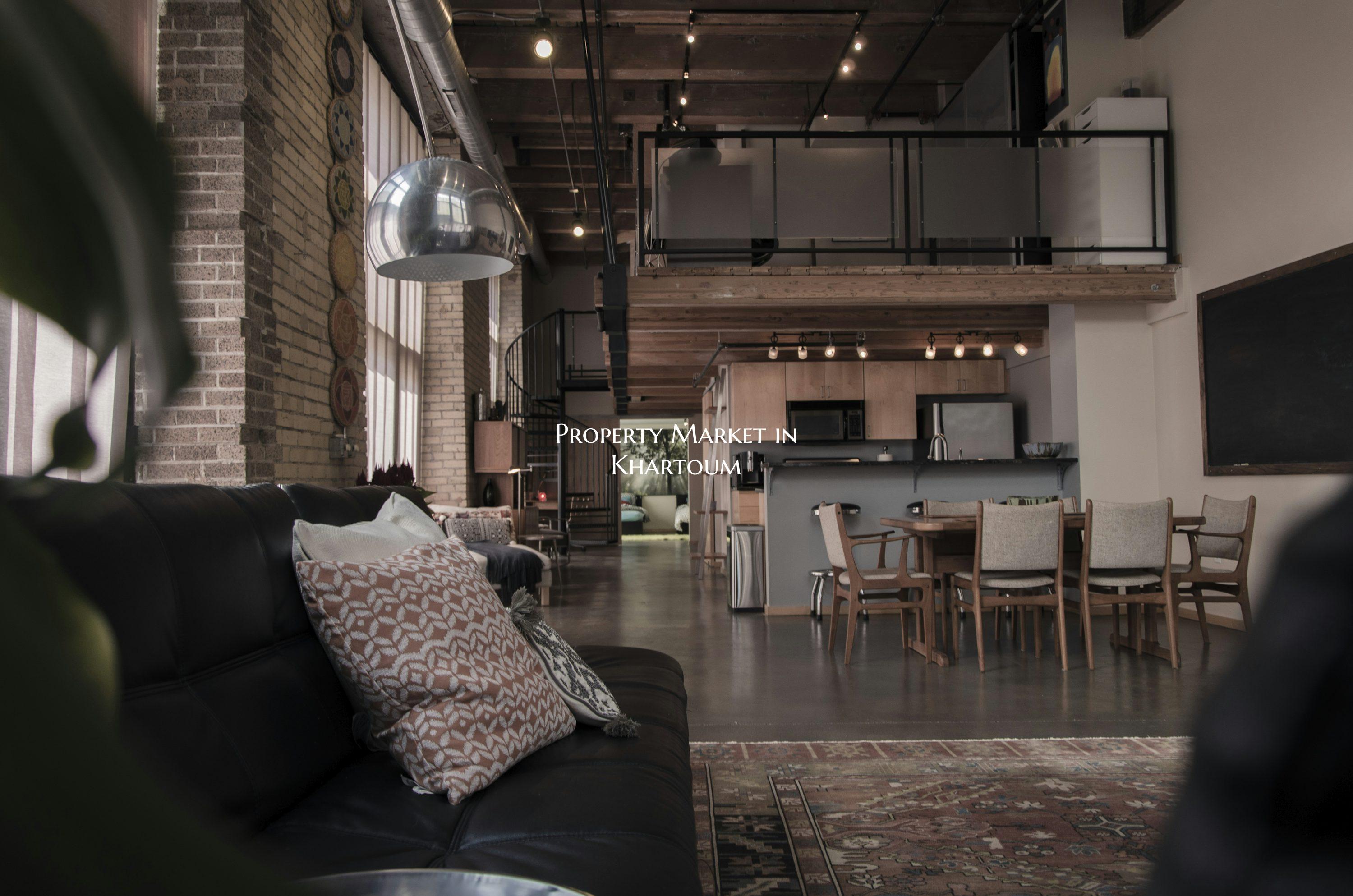Property Market in Khartoum

Introduction: The property market in Khartoum, the capital city of Sudan, plays a significant role in the country's economy. With a growing population and increasing urbanization, the demand for residential, commercial, and industrial properties in Khartoum continues to rise. This article provides an overview of the property market in Khartoum, including current trends, investment opportunities, challenges, and future prospects.
Current Trends: The property market in Khartoum has seen steady growth in recent years, driven by factors such as population growth, urbanization, and economic development. Residential properties, including apartments, villas, and gated communities, are in high demand as more people flock to the city in search of housing. Commercial properties, such as office spaces and retail outlets, are also seeing increased interest due to the growing business sector in Khartoum.
Investment Opportunities: Investing in the property market in Khartoum presents lucrative opportunities for both local and foreign investors. The government has implemented policies to encourage investment in the real estate sector, making it easier for investors to acquire land and develop properties. With the continuous urban expansion and development projects in the city, there is a growing demand for construction and real estate services, creating new investment avenues for interested parties.
Challenges: Despite the growth and potential of the property market in Khartoum, there are challenges that investors and developers need to navigate. These challenges include bureaucratic procedures, unclear land ownership regulations, infrastructure deficiencies, and fluctuating market conditions. Addressing these challenges will be crucial in unlocking the full potential of the property market in Khartoum and ensuring sustainable growth.
Future Prospects: Looking ahead, the property market in Khartoum is poised for further growth and development. The government's focus on infrastructure projects, urban planning initiatives, and regulatory reforms will create a more favorable environment for property investment. As the city continues to expand and modernize, the demand for quality housing, commercial spaces, and industrial properties is expected to remain strong, offering investors long-term opportunities for capital appreciation and rental income.
Conclusion: The property market in Khartoum is a dynamic and evolving sector that offers diverse opportunities for investors, developers, and homebuyers. By understanding the current trends, investment opportunities, challenges, and future prospects, stakeholders can make informed decisions to participate in and contribute to the growth of the real estate sector in Khartoum.
